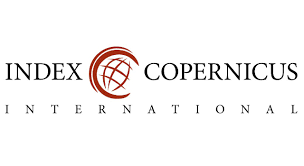Sharia Monetary Policy: Facing the Recession, Saving the Economy
DOI:
https://doi.org/10.24090/ieibzawa.v1i1.759Keywords:
economic recession; islamic monetary policy; economic safety.Abstract
The Economic Recession (economic slowdown, layoffs, undeveloped investment) has haunted the economy. Inflation is high, the rupiah exchange rate is weakening. The central bank is a strategic institution that regulates the country's economy through monetary instruments, one of which is Islamic monetary instruments. This paper aims to elaborate on Bank Indonesia's sharia monetary instruments in saving the economy as a result of the world economic recession. This paper is reviewed with a qualitative approach and a type of literature study. The results of this paper show that the Central Bank in an effort to deal with the world economic recession has issued Islamic and conventional monetary policies. Sharia monetary policy includes implementing open sharia monetary operations in the form of Bank Indonesia Sharia Certificates (SBIS), Bank Indonesia Sukuk, SBSN Repo, SBSN Reverse Repo, Standing Facility and Financing Facility. This policy has an impact on the economy growing by 5.03% in the third quarter of 2023. The practical implications of this paper encourage Bank Indonesia to maximize sharia monetary policy within the framework of improving economic conditions at both the financial institution level and economic circulation in society.











